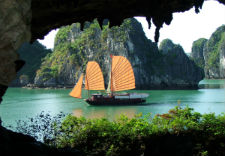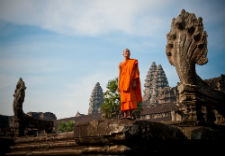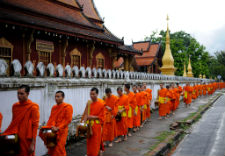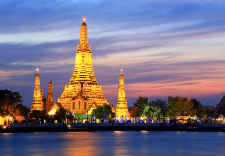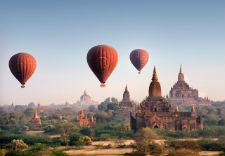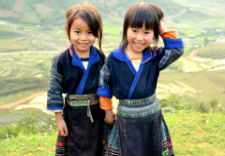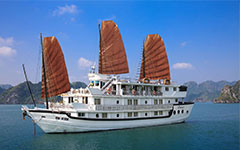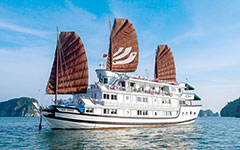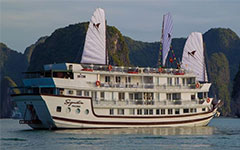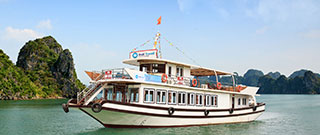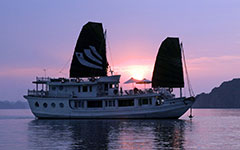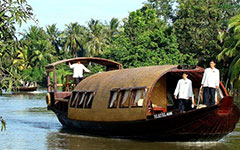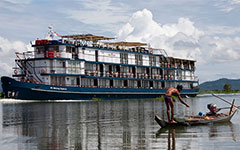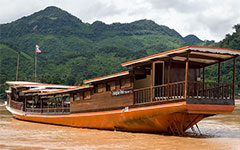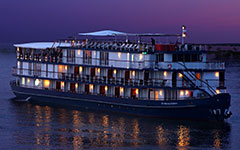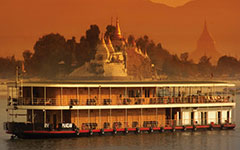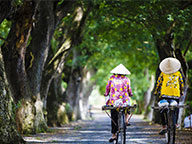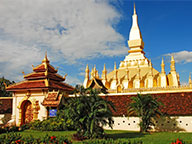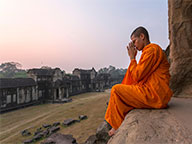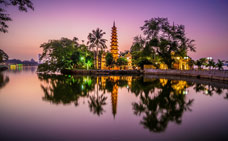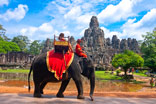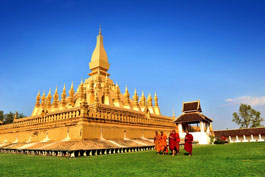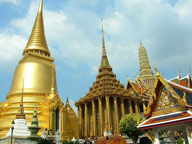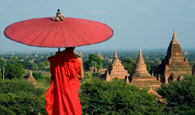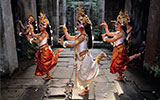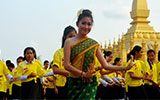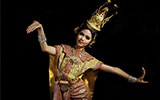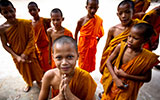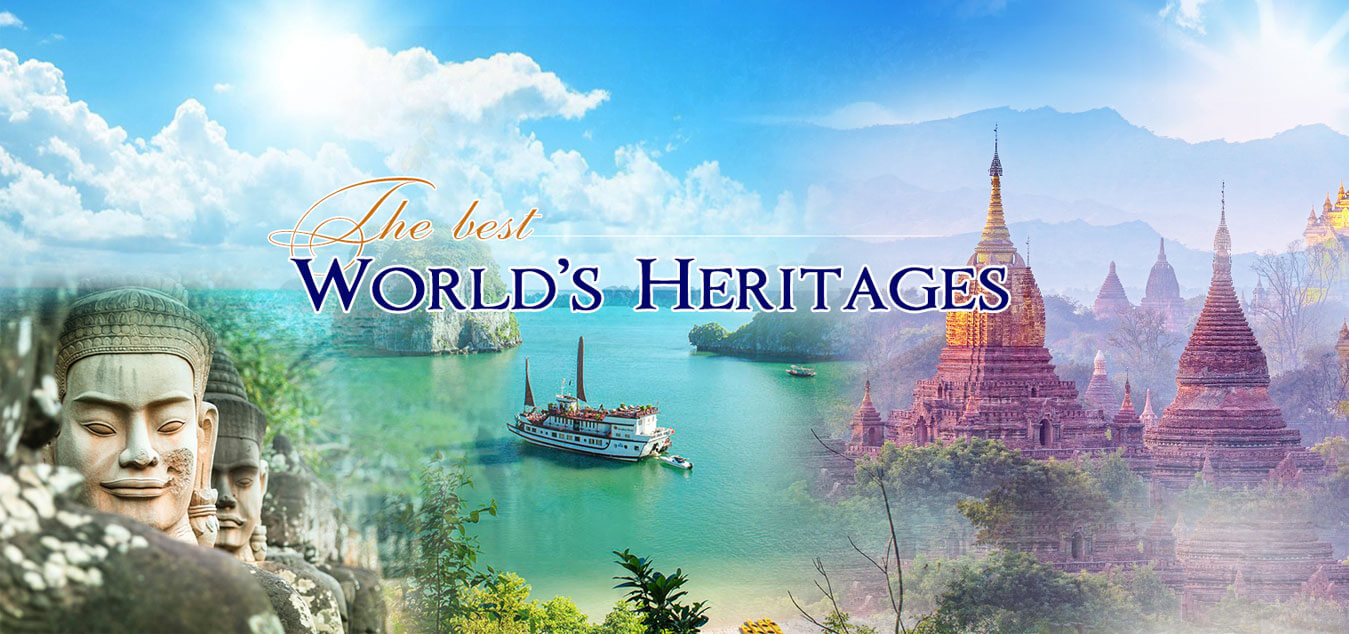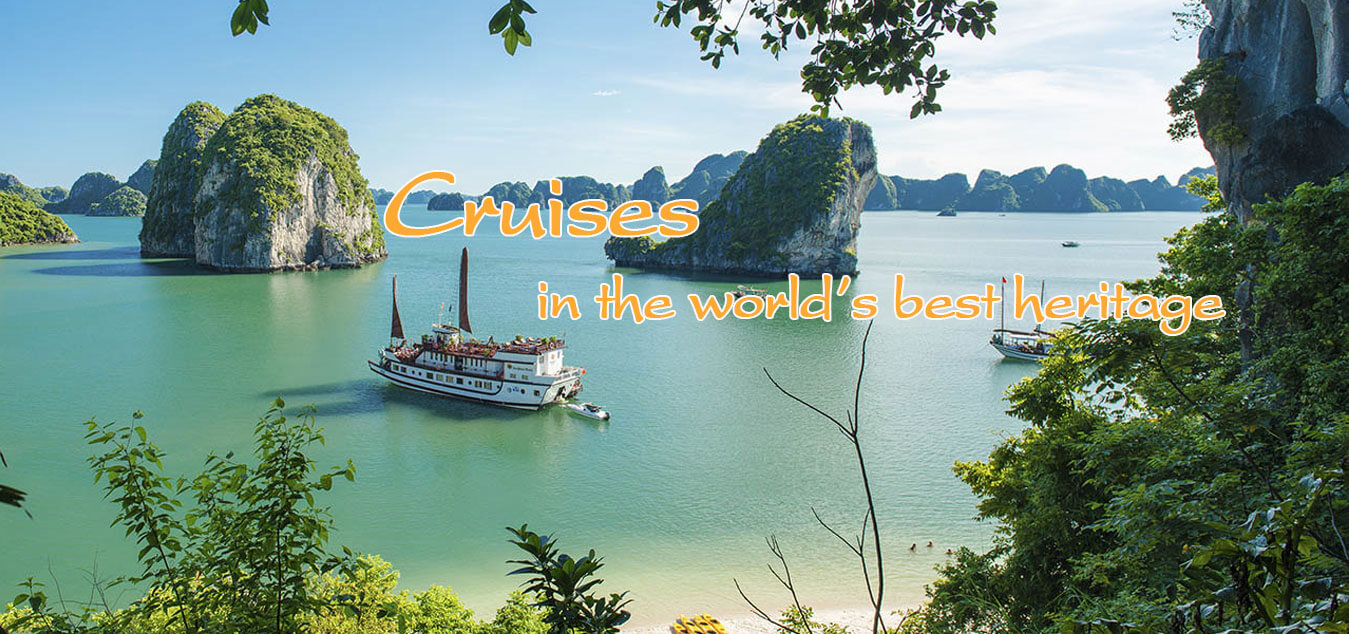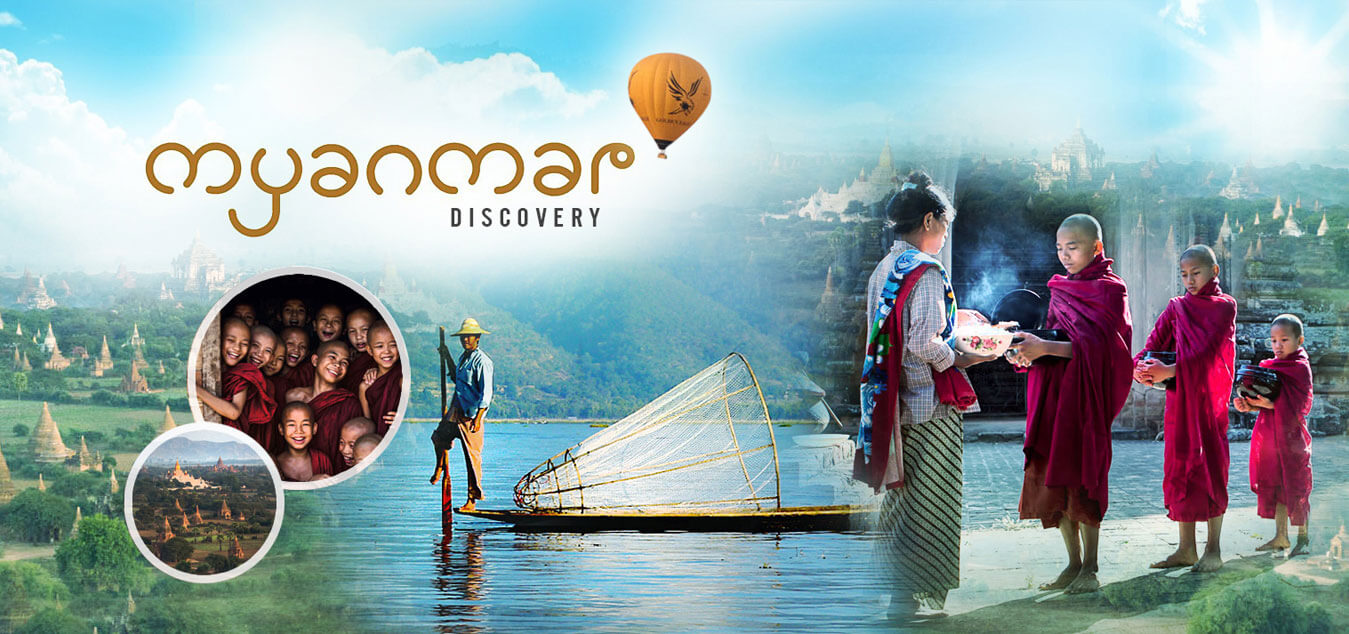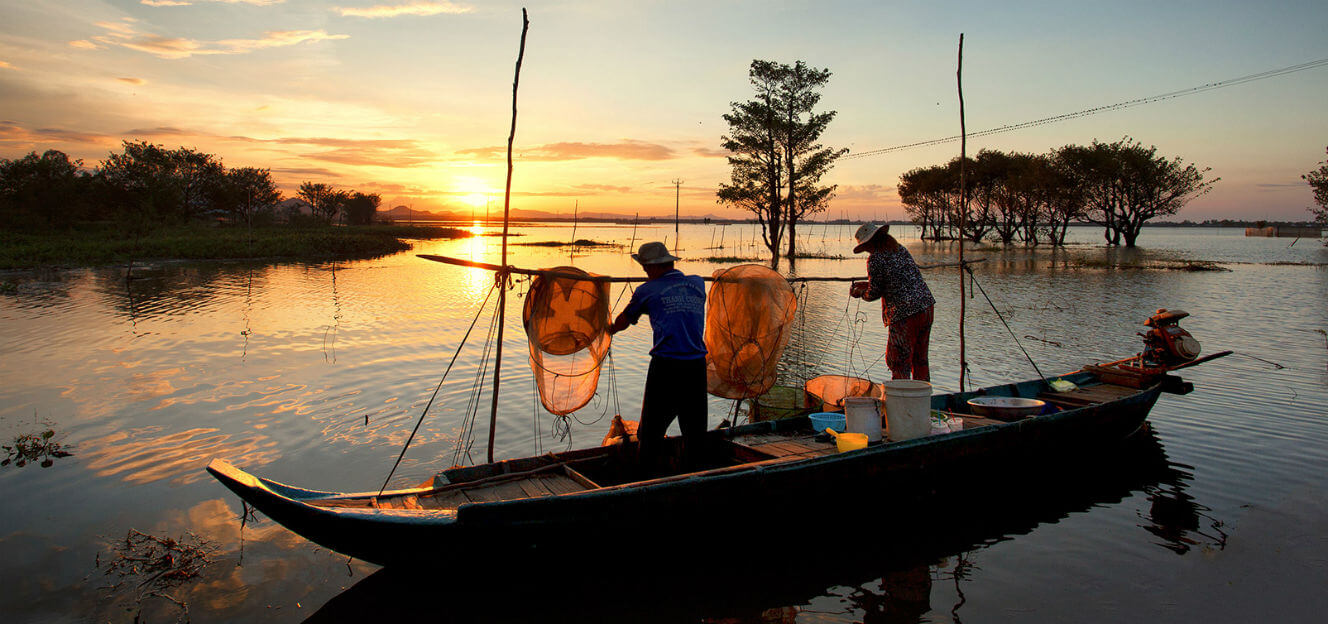Safety & Security
Political situation
The political situation in Thailand is unpredictable and sometimes volatile. Over recent years there have been instances of civil and political unrest resulting in large demonstrations and in some cases violence.
On 13 October 2016, the death of His Majesty King Bhumibol Adulyadej was announced. The Prime Minister has announced that His Royal Highness, Crown Prince Maha Vajiralongkorn will succeed. There is currently no date set for his coronation. During this period, the President of the Privy Council is Regent.
On 22 May 2014 the military took control of government. Martial law was in place across Thailand until 1 April 2015 when it was lifted from all areas except the southern provinces of Pattani, Yala and Narathiwat, the Sadao district of Songkhla province and some border areas. However, Article 44 of the interim constitution gives General Prayuth Chan-o-cha, head of the National Council for Peace and Order (NCPO), wide powers to continue to take action to enforce law and order, and restrictions remain on freedom of assembly and expression. Before the military coup there were large-scale demonstrations and protests in Bangkok and other cities. Some of these were violent. You should avoid any protests, political gatherings, demonstrations or marches.
A number of media outlets, including international media, have been taken off air and some internet sites remain blocked. It’s illegal to criticise the coup and you should be wary of making political statements in public. Lèse-majesté, (criticism of the monarchy and the Royal Family) is a crime, which could carry a long jail sentence. You should monitor local news and social media for developments.
Border Travel
Burmese border: There are occasional clashes between the Thai security forces, armed criminal groups and drug traffickers along the Thai/Burma border. Outside the main towns, police and military checkpoints are actively manned
Cambodian Border: The line of the international border near the Preah Vihear temple was disputed by Cambodia and Thailand. Since 2008 there were occasional clashes, and hostilities occurred in February 2011 resulting in civilian and military fatalities on both sides. There have also been disputes over control of the Ta Moan and Ta Krabey temples, which lie close to the Thailand/Cambodia border, and fighting broke out between Cambodian and Thai troops at Ta Krabey in April 2011. In 2013, the International Court of Justice ruled that Cambodia has sovereignty over the whole territory of the Preah Vihear temple. Remain alert to the local situation when travelling anywhere near to the border with Cambodia, and at land crossings between the two countries.
Lao Border: Not all land border crossings into Laos are open to foreigners and you may need to get a Laos visa before you arrive to cross the border.
Terrorism
There is a high threat from terrorism. Bomb and grenade attacks have been indiscriminate, including in places visited by foreigners. You should follow the advice of the local authorities, monitor local media reports and remain vigilant. Further incidents are possible in any part of Thailand.
On 14 August 2016, 2 unexploded incendiary devices were found in Phuket and a further 2 in Hua Hin.
On 12 August 2016, there were explosions causing casualties in Patong in Phuket, and in Surat Thani. There were further explosions in Loma in Phuket, Khao Lak in Phang Nga, and in Hua Hin. Fires were reported in Phang Nga, Krabi and Nakhon Sri Thammarat, which could be linked to the series of explosions.
On 11 August 2016 there were explosions in Hua Hin and Trang; both caused casualties, including 2 deaths.
There have also been attacks in the past in the main cities of Thailand, including in Bangkok in 2015 and 2012, in Koh Samui in 2015, and in Chiang Mai in 2010.
In August 2015 a bomb exploded in central Bangkok, resulting in numerous casualties, In April 2015, a car bomb exploded in the underground car park of the Central Festival shopping mall in Bho Phut on the beach resort island of Koh Samui.
Crime
We continue to receive reports of the sexual assault, food and drink spiking, assault and robbery of foreigners, including around popular backpacker and tourist destinations such as Khao San Road in Bangkok, the night-time entertainment zones in Bangkok, Pattaya and Phuket, and during Full Moon and other parties on Koh Phangan.Due to the high prevalence of HIV/AIDS, victims of violent crime, especially rape, are strongly encouraged to seek immediate medical assistance.
Opportunistic crime: Petty crime, such as theft from hotel rooms, and pickpocketing is common. Money and passports have been stolen from rooms (particularly in cheaper hotels and hostels) and from bags on public transport. Items have been removed from luggage stored below buses and travellers have reported being drugged and robbed during bus and train journeys. Beware of pickpockets in crowded markets and shopping streets. You can reduce the impact of opportunistic crime when visiting these areas by leaving credit and other valuable items that are not required locked in your hotel safe. Remain vigilant in public areas.
Snatch and grab crimes: Tourists have also been robbed after the bags they were carrying were snatched by thieves on motorcycles or were sliced open by razor blades. Beware of motorcycles approaching from behind as you walk on the footpath and hold bags and backpacks in front of you or in ways that make them difficult to be snatched. You should be aware that some foreigners. You can reduce the opportunity for such opportunistic theft by limiting the carriage of easily grabbed bags in public places.
Protect your passport: Operators may request your passport as a deposit or guarantee before hiring jet skis or motorbikes. If there is a dispute about damage to a rented jet-ski or motorbike, rental operators may try to keep your passport until they receive compensation. Passports are valuable documents that should be appropriately protected
Money and valuables
Your passport is a valuable document that is attractive to criminals who may try to use your identity to commit crimes. It should always be kept in a safe place.
If you are travelling on a restricted budget, it is important to ensure you have access to enough money to cover unexpected costs. For example, you may have a problem that prevents you taking your scheduled flight. Restrictions, such as tickets being non-refundable or non-transferable, apply to most discounted airfares, or you may need to pay a substantial fee to change your travel dates. If you lose your passport you will be delayed and you will have to pay for a replacement. If you fall ill and need medical treatment, even if you have insurance, it is likely you will need to cover some costs yourself. At the minimum, it is essential to have access to enough money to cover a replacement ticket home and several nights hotel accommodation, plus extra money for unexpected emergencies.
